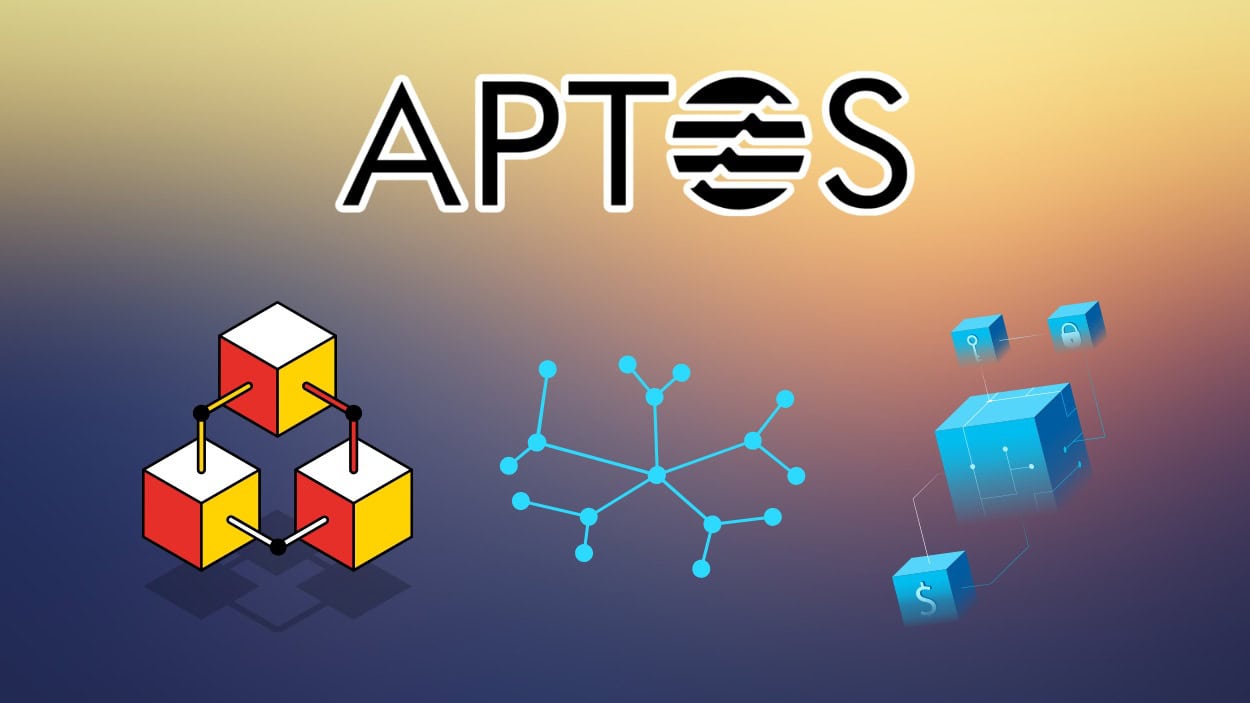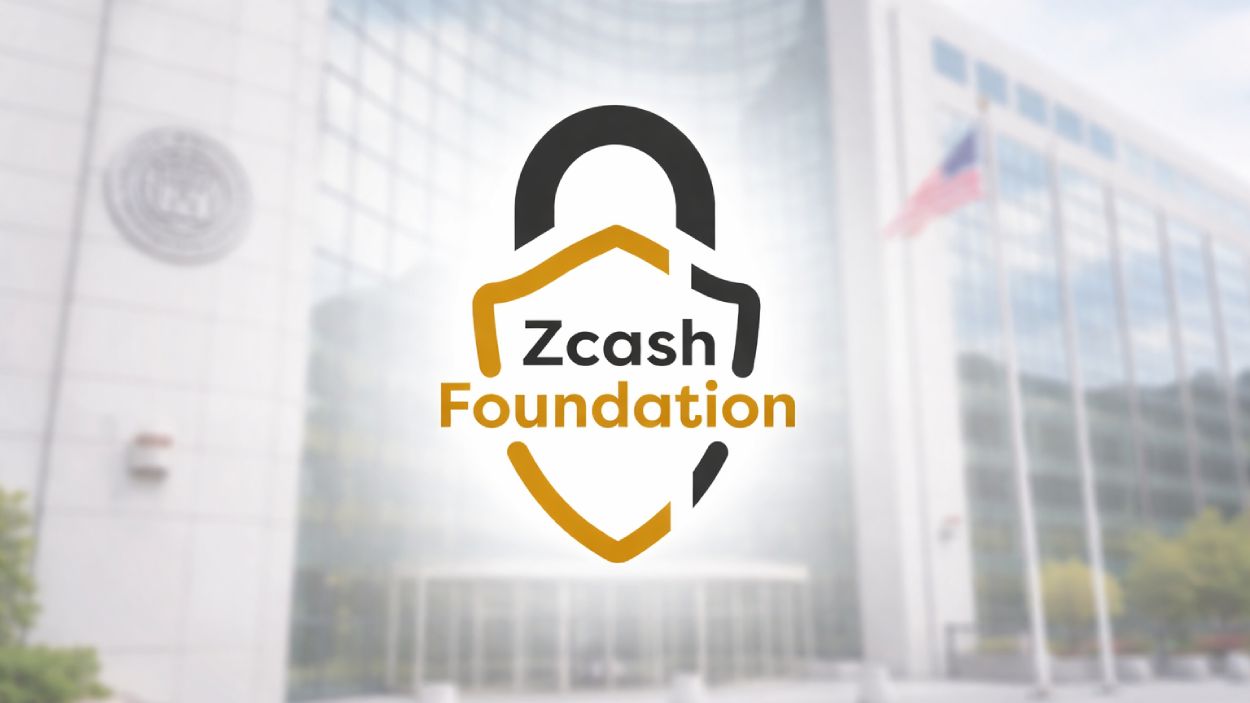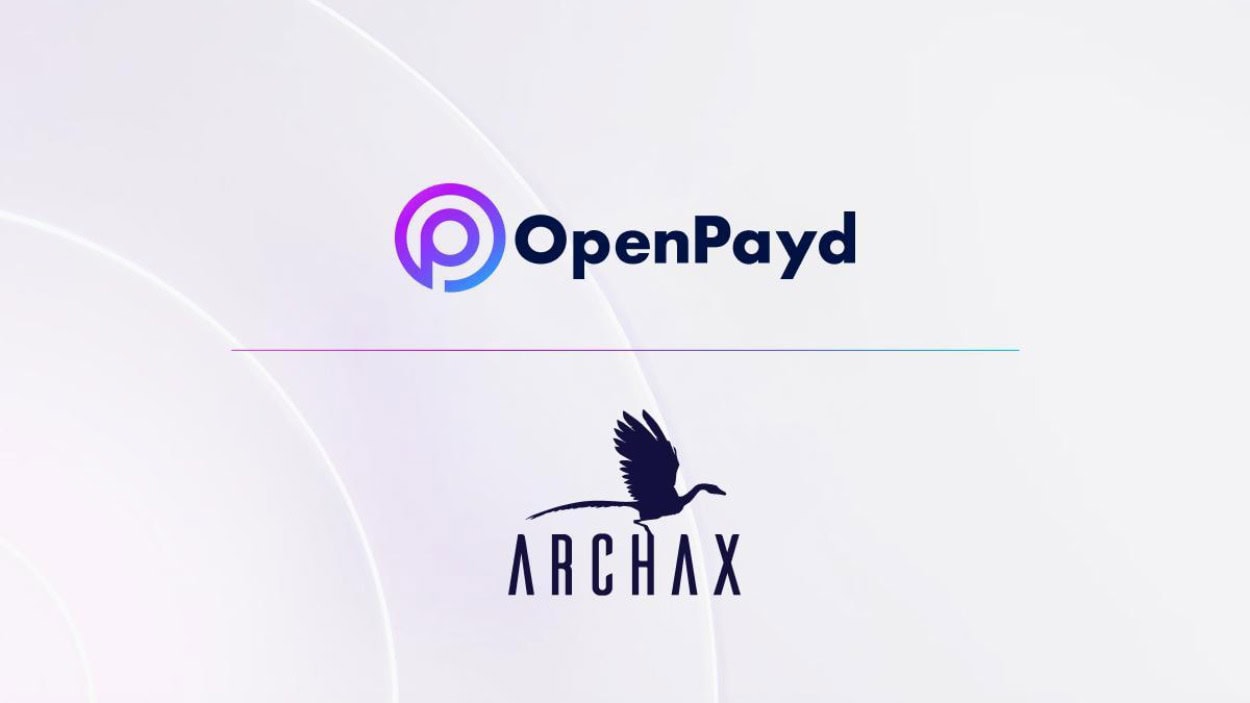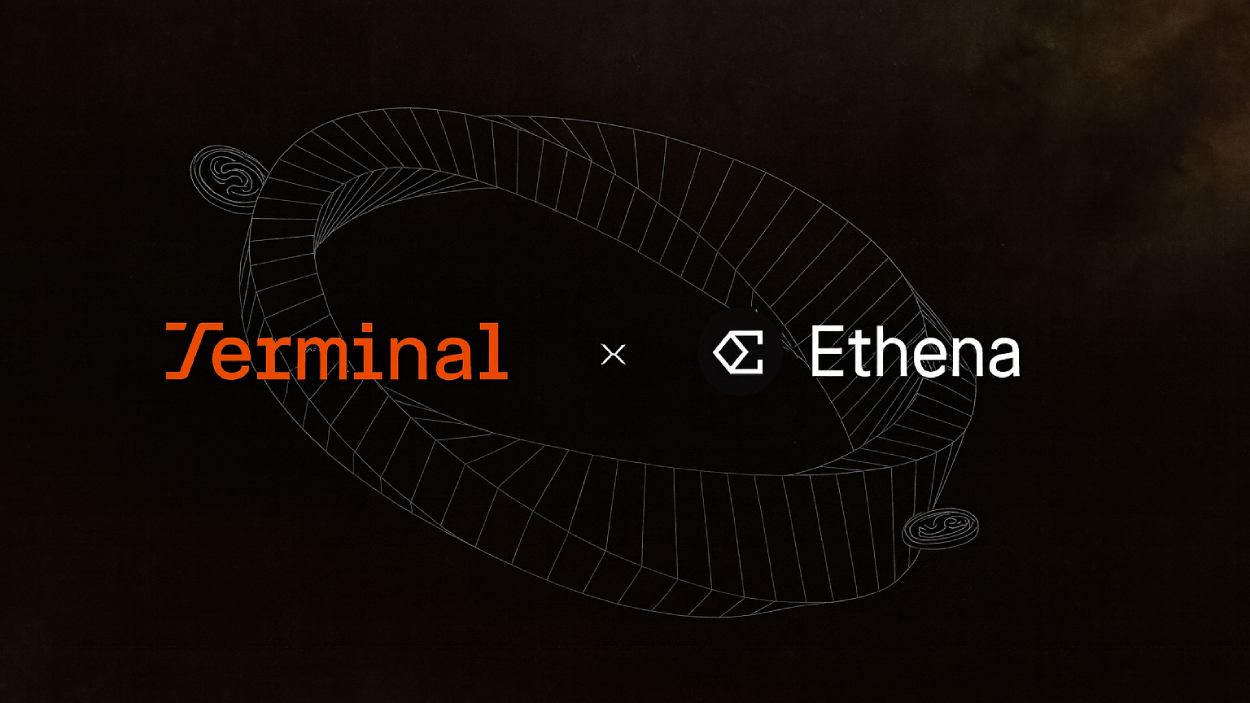The UK’s Financial Conduct Authority (FCA) is working with major crypto exchanges including Coinbase, Kraken, and Crypto.com to trial new disclosure standards that could shape the future of crypto regulation in the country.
Key Takeaways
- The FCA is testing crypto disclosure templates with Coinbase, Kraken, and Crypto.com in its regulatory sandbox.
- RegTech firm Eunice is leading the development of standardized templates aimed at improving transparency for investors.
- New crypto disclosure rules are expected in the second half of 2026 as part of the FCA’s broader Crypto Roadmap.
- The trial reflects the UK’s shift toward practical, industry-informed regulation in the evolving digital asset market.
What Happened?
The Financial Conduct Authority has launched a trial involving leading crypto exchanges to test a new disclosure framework that could soon become standard across the UK’s crypto sector. The project is being led by Eunice, a regulatory technology company, inside the FCA’s Regulatory Sandbox, where companies can test innovative financial services in a controlled environment.
The UK’s FCA will use Project Eunice’s sandbox to shape new crypto disclosure rules for 2026.
— Rohaan | Yellow (@rohaan411) November 26, 2025
Clearer standards are coming, and they’ll impact how projects communicate with users.
What changes do you think this brings to crypto marketing? pic.twitter.com/8sJ4U5d9oC
FCA and Crypto Firms Team Up for Real-World Testing
The collaboration marks a significant step in the FCA’s ongoing efforts to regulate the crypto space with clarity and investor protection in mind. Coinbase, Kraken, and Crypto.com are testing Eunice’s standardized disclosure templates, designed to make risk information about digital assets more transparent and accessible.
- The templates will be used to explain asset-specific risks, custody arrangements, fees, spreads, and staking terms.
- The goal is to ensure investors get clear, consistent information about the crypto assets they’re purchasing.
- Different templates will be created for unbacked cryptocurrencies, fiat-backed stablecoins, and tokenized assets.
Yi Luo, CEO and co-founder of Eunice, said:
Building Toward 2026 Crypto Regulation
The FCA’s trial is part of its broader Crypto Roadmap, which outlines a multi-year plan to bring crypto markets under regulatory oversight. Final rules for crypto disclosures are expected in the second half of 2026. These efforts stem from the FCA’s Admissions and Disclosures Discussion Paper, which invited industry input to co-develop regulation.
The UK regulator has already taken several steps toward improving market integrity:
- Introduced stricter rules for marketing crypto assets to retail investors in October.
- Lifted a ban on crypto exchange-traded notes (ETNs) for retail investors in August.
- Opened consultations on applying consumer protection principles like Consumer Duty to crypto firms.
Colin Payne, head of innovation at the FCA, encouraged more firms to participate in the sandbox:
Standardized Templates to Simplify Disclosures
The templates being tested aim to reduce the complexity and burden of compliance for crypto exchanges while ensuring investors are well informed. Each crypto asset will come with a detailed disclosure and a one-page summary for ease of understanding. If successful, these tools could become central to how exchanges present information to consumers in the UK market.
The Bank of England is separately working on rules for stablecoins, including transparency in reserve management and redemption policies, which will complement the FCA’s efforts.
CoinLaw’s Takeaway
In my experience, crypto regulation often feels either too vague or too rigid. What I love about this UK sandbox trial is that it’s collaborative, hands-on, and forward-looking. The FCA isn’t just drafting rules behind closed doors, it’s letting the industry help build the playbook. That’s a smart move, especially in crypto, where things change fast. I found it encouraging that the FCA is not only consulting firms but actively testing solutions that could save everyone time and confusion later. If this model works, it might just set a global standard.


































































